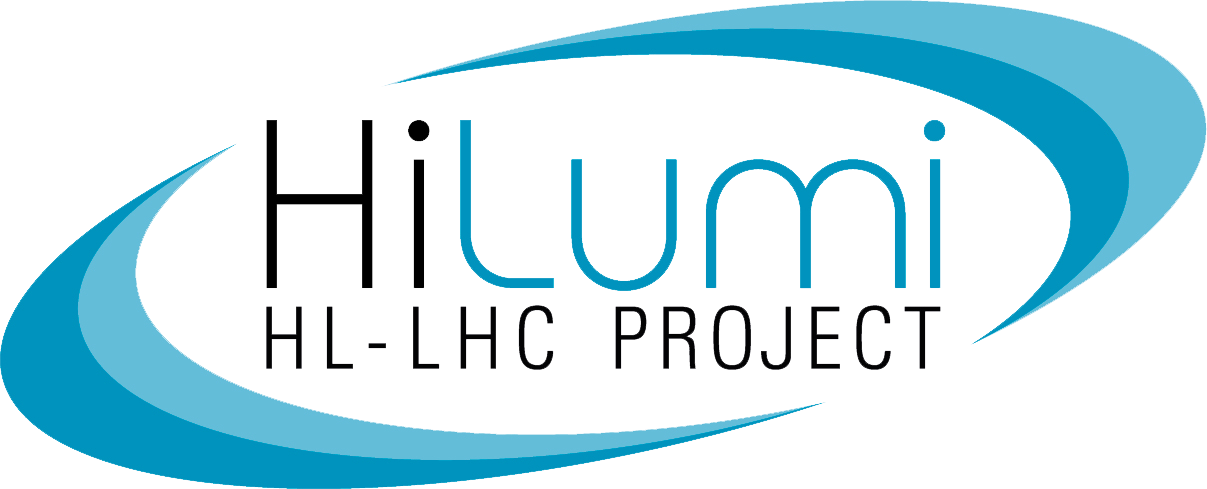In order to face the radiation challenges of the HL-LHC upgrade, WP10 contributes to the machine design optimization and the study of new options to enter the HL-LHC baseline, and aims at preventing critical showstoppers, by performing radiation-matter interaction simulations, as accurate as possible. This is achieved through detailed and reliable modelling of the whole areas of interest as well as the proper characterization of the relevant source terms, including beam losses in addition to beam-beam collisions. The energy deposition studies feed into almost all work packages and have to accompany and orient the layout and optics finalization.
For what concerns the appropriate radiation monitoring, qualification tests related to radiation damage for both materials and electronics, as well as the common development of radiation tolerant electronic systems, WP10 keeps a direct link to associated activities in the R2E scope ensuring an adequate follow-up and quality control of the required radiation tolerance. More specifically, WP10 is responsible for the specification - based on measurements, simulations and extrapolations - of the HL-LHC radiation levels for areas relevant for the installation and operation of electronics and other equipment.
In addition, WP10 provides direct support to equipment groups developing radiation tolerant systems in the HL-LHC context, and participates in the related reviews, ensuring a coherent follow-up and evaluation of the compliance of the designed systems with respect to their radiation hardness requirements in the HL-LHC era.
The WPLs are charged with the coordination of the efforts within the work package and ensure in conjunction with the HL-LHC project office the progress reporting as well as the documentation and implementation of scope, cost or schedule changes.
